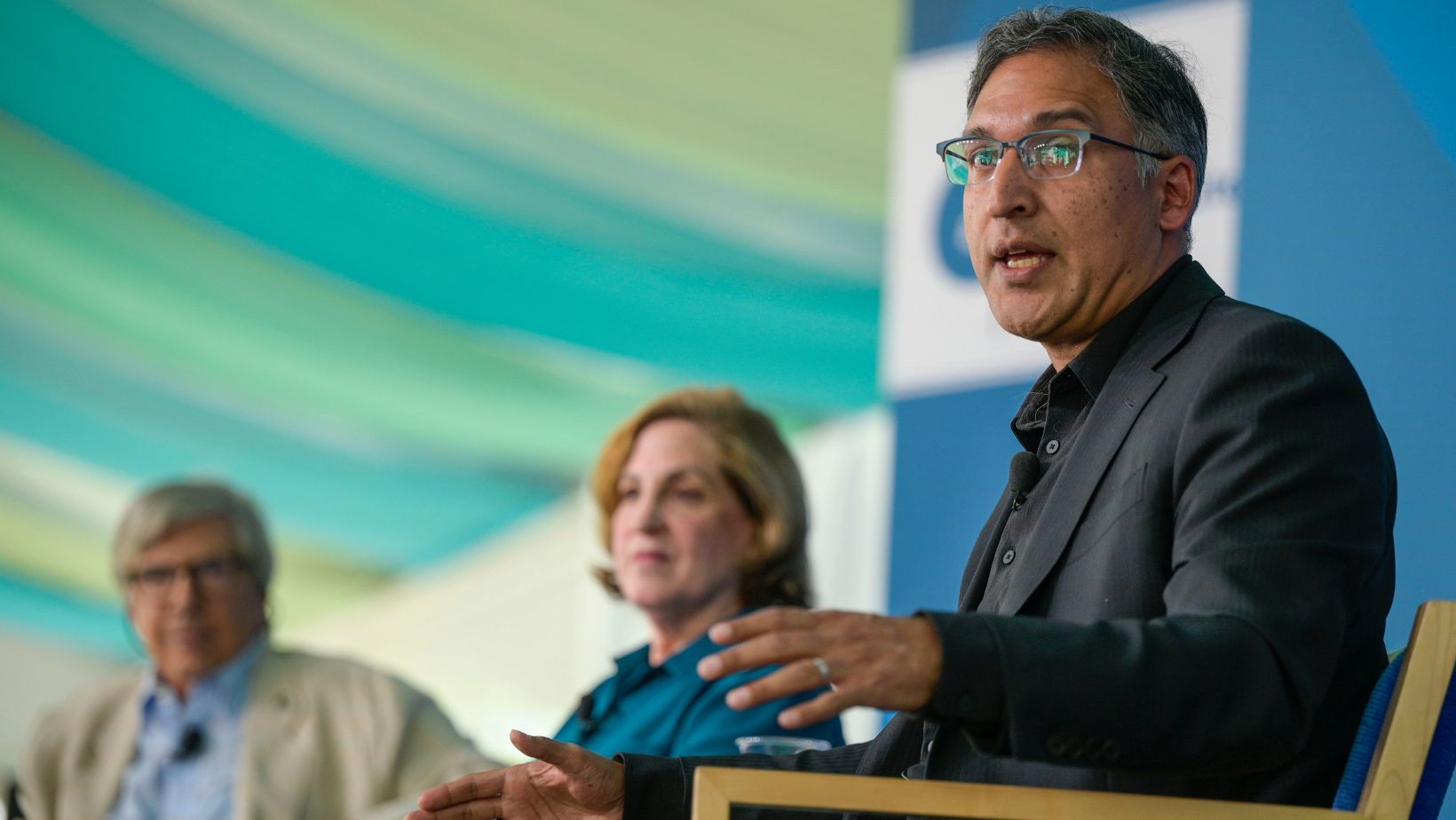 The teachers strike in Chicago isn’t an isolated incident in the ongoing education reform debate that often puts cities and those in the government at odds with teachers unions. Chicago’s current debate centers on changes to teacher evaluation methods. A look at recent history — and recent labor conflicts in other cities — provides a hopeful future for everyone looking for a compromise solution to these problems. Over the past few years, the city of Pittsburgh tackled similar challenges around issues of reform and evaluation and emerged with a model of compromise for the rest of the country. Our Education and Society program looked at what they did and found a roadmap for how other cities can emulate their success. In a report called Forging a New Partnership: The Story of Teacher Union and School District Collaboration in Pittsburgh, journalist Sean D. Hamill tells this story and highlights lessons that can be put to use today.
The teachers strike in Chicago isn’t an isolated incident in the ongoing education reform debate that often puts cities and those in the government at odds with teachers unions. Chicago’s current debate centers on changes to teacher evaluation methods. A look at recent history — and recent labor conflicts in other cities — provides a hopeful future for everyone looking for a compromise solution to these problems. Over the past few years, the city of Pittsburgh tackled similar challenges around issues of reform and evaluation and emerged with a model of compromise for the rest of the country. Our Education and Society program looked at what they did and found a roadmap for how other cities can emulate their success. In a report called Forging a New Partnership: The Story of Teacher Union and School District Collaboration in Pittsburgh, journalist Sean D. Hamill tells this story and highlights lessons that can be put to use today.
Tellingly, the report looks at “Pittsburgh’s transformation from a typical, adversarial district-union dynamic to one of deep, substantive collaboration over the course of several years. This work has catapulted Pittsburgh to the vanguard of efforts to improve teacher effectiveness, and helped secure more than $80 million in philanthropic and federal grants.”
We have also looked closely at teacher evaluation in Charlotte-Mecklenberg and Hillsborough County.
View additional education and teacher evaluation related reports here.

Photo of Pittsburgh teacher and students from “Forging a New Partnership” provided courtesy of Pittsburgh Public Schools

